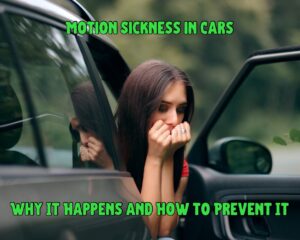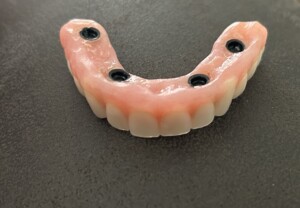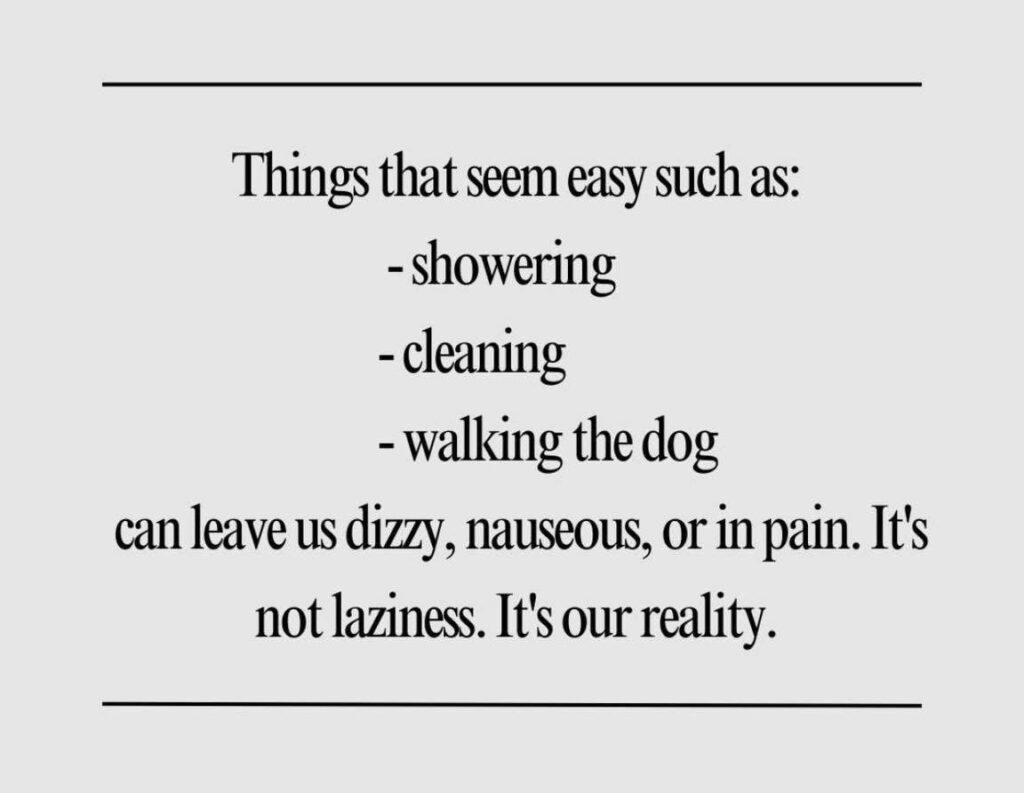
What is Chronic Fatigue and Why Is It So Hard to Understand?
I’ll never forget the first time I realized my fatigue wasn’t normal. It wasn’t just being tired. It was like my body had been unplugged and left for dead. Chronic fatigue syndrome (CFS)—or myalgic encephalomyelitis (ME/CFS)—is more than exhaustion. It’s a full-body, relentless drain that doesn’t improve with sleep and often gets worse with activity.
What makes it even harder? Most people don’t get it. I’ve been told, “Maybe you just need to sleep more,” or “You’re probably just stressed.” But this isn’t just stress. It’s a health issue that impacts every part of your life. Some days, just standing up feels like a mountain climb.
And it doesn’t help that chronic fatigue often overlaps with conditions like fibromyalgia, anxiety, and depression, making it even more complex to live with—let alone explain. I know many of us live in silence, so today I wanted to share the recovery stories that helped me feel less alone.
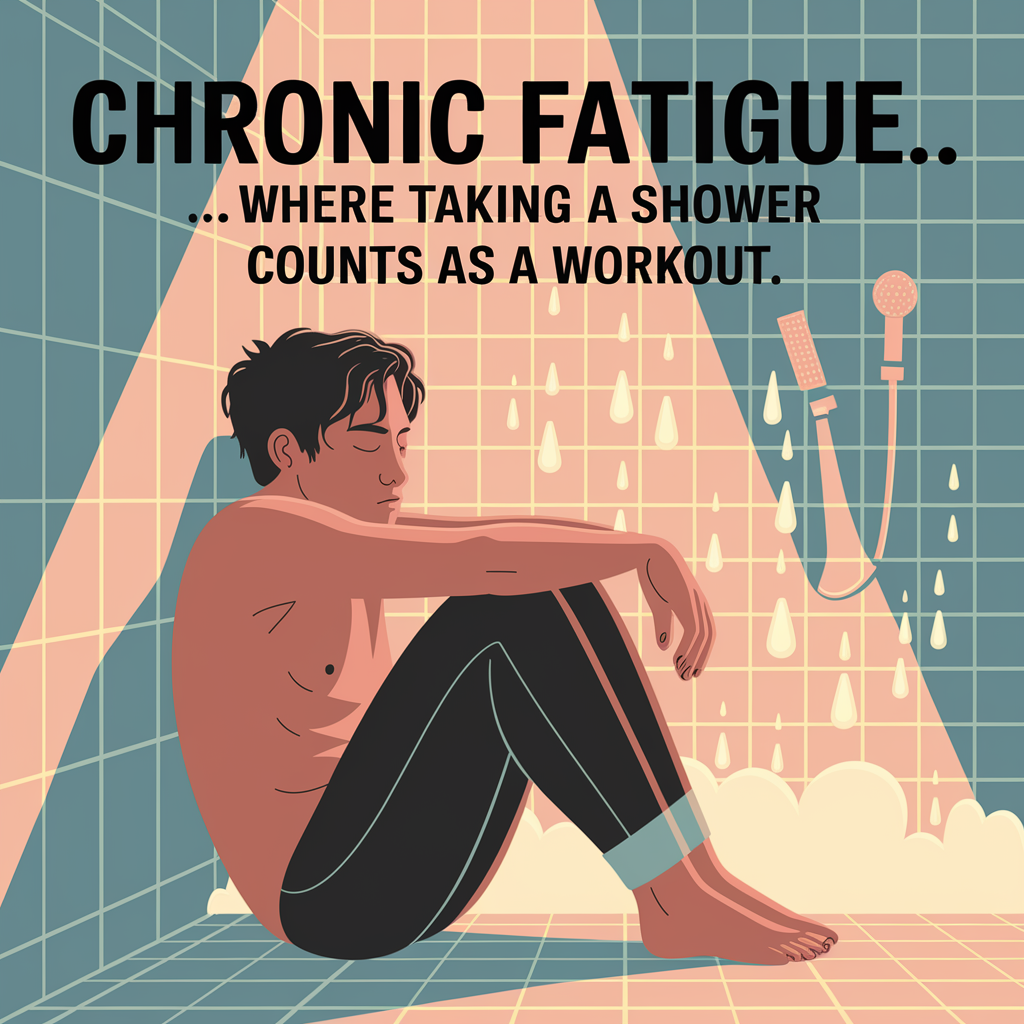
Can You Recover from Chronic Fatigue?
This was the question that haunted me the most—can you actually recover from chronic fatigue or is it something we just learn to cope with?
Recovery looks different for everyone. Some people experience what they call remission—where symptoms become manageable or disappear for long periods. Others find powerful improvement through pacing, diet changes, therapy, or sleep support. Some are still in the thick of it but finding tiny victories each day.
I started using a lumbar support pillow at night for my back pain and energy conservation, and honestly, even that made a small but noticeable difference in how much energy I had the next morning. (If you’re struggling with nighttime back pain too, check out this pillow that helped me sleep better).
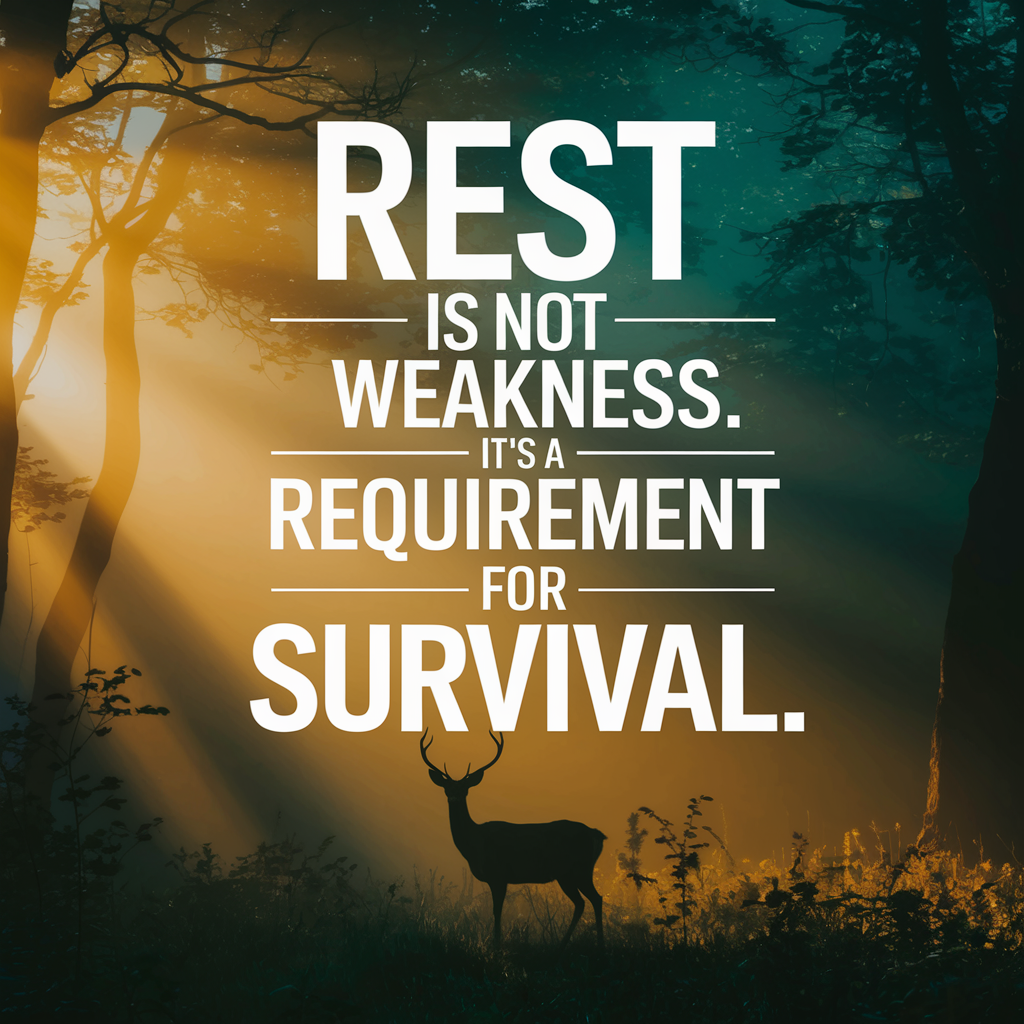
How I Knew My Fatigue Was More Than Just Being Tired
For me, it started slowly—like I was just burning out from work. But over time, my “tired” turned into crashing after doing the dishes. A short walk would leave me nauseous and dizzy. I’d skip showers just to save energy. My doctor ran all the usual labs, which came back “fine,” but I knew something deeper was going on.
Eventually, a neurologist mentioned the term post-exertional malaise—a signature of chronic fatigue where even minor activity causes a delayed energy crash. That’s when I finally started researching CFS/ME and found real stories from others who described exactly what I was going through.
One of the first ones I read was on a site that talked about the daily struggle with chronic pain and fatigue. That article made me feel seen—and I knew I wasn’t alone anymore.
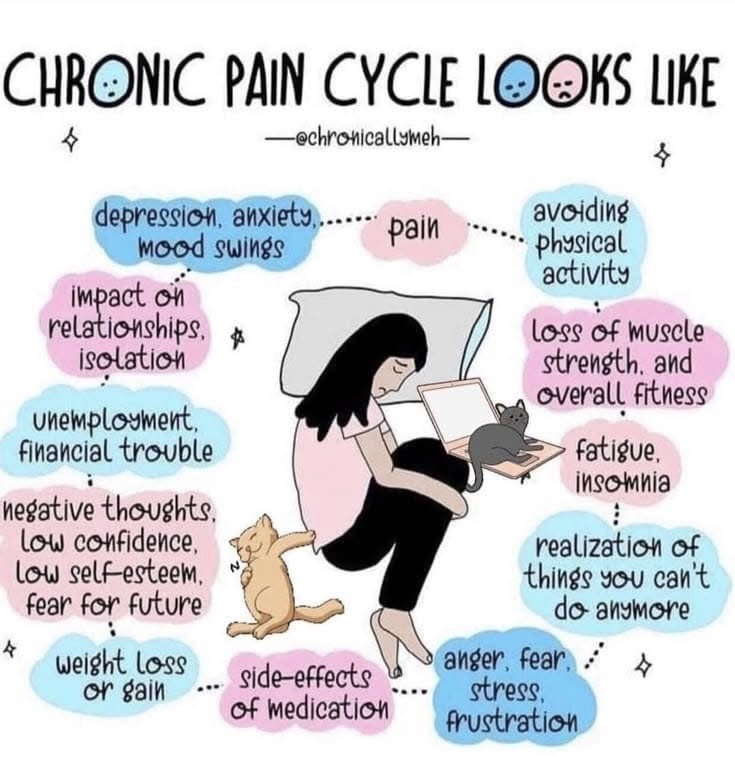
What Are Some Real Chronic Fatigue Recovery Stories?
One of the most hopeful things I did during my worst flare was read recovery stories. I needed something to hold onto. These weren’t overnight miracle stories—but real, raw journeys of people like me who slowly started reclaiming pieces of their life.
- Emily’s story stood out. She developed chronic fatigue after a viral infection. Through pacing, learning how to say no, and eating anti-inflammatory foods like salmon, leafy greens, and sweet potatoes, she now works part-time and enjoys short hikes again.
- Jason’s path involved therapy for trauma, sleep regulation, and switching to a part-time job that allowed him to work remotely. His story hit hard—especially when he said his biggest win was finally being able to walk his dog again without crashing.
- Lena found relief by treating her undiagnosed sleep apnea. Her turning point came after reading about nighttime pain and trying a better sleep position that didn’t leave her sore in the morning. (This guide on sleeping with chronic pain had some great tips I tried too.)
These stories don’t promise a cure, but they give hope—and in this battle, hope matters.
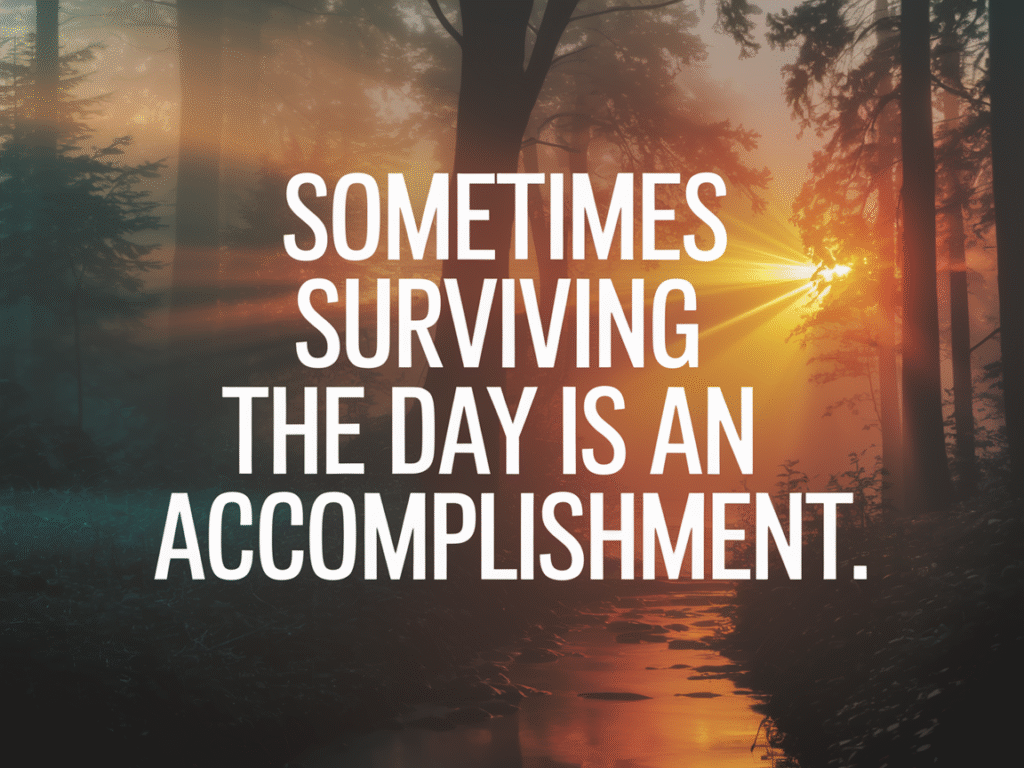
What Helped Me Start Recovering from Chronic Fatigue?
I won’t lie—recovery hasn’t been linear for me. I still have bad days. But a few things did move the needle:
- Tracking energy: I learned to track crashes and adjust my activities using the “spoon theory.” It helped me stop pushing through when I should be resting.
- Cleaning up my diet: Adding in things like avocados, blueberries, and bananas gave my body more of what it needed. I even swapped coffee for green tea, which gave me a more stable energy boost.
- Mental health care: Depression and anxiety make fatigue worse. Once I started treating the emotional side, my physical symptoms became less overwhelming.
I also leaned into online communities where people shared their chronic fatigue recovery stories, and those connections helped me stay motivated—even on days I was stuck in bed.
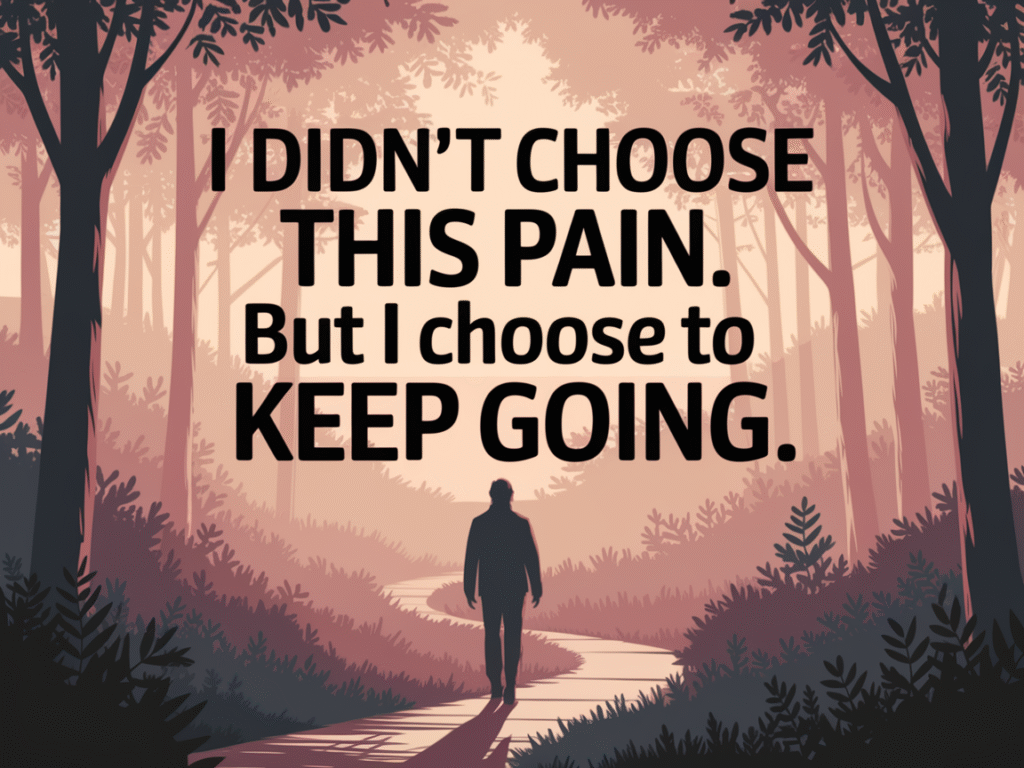
How Do I Manage Daily Life with Chronic Fatigue?
Living with chronic fatigue often means choosing what I can actually do that day… and letting go of what I can’t.
Here’s how I manage now:
- Simplifying tasks: I sit down to cook, use a shower chair, and do laundry in small batches.
- Prepping for crashes: I keep frozen meals and easy snacks like almonds and dark chocolate on hand for days when cooking feels impossible.
- Saying no without guilt: This has been huge. I don’t go to every event or say yes to every request anymore. My body comes first.
And when people don’t understand? I gently point them to articles like this chronic illness quote breakdown, which explains what it really feels like to live with invisible illness.
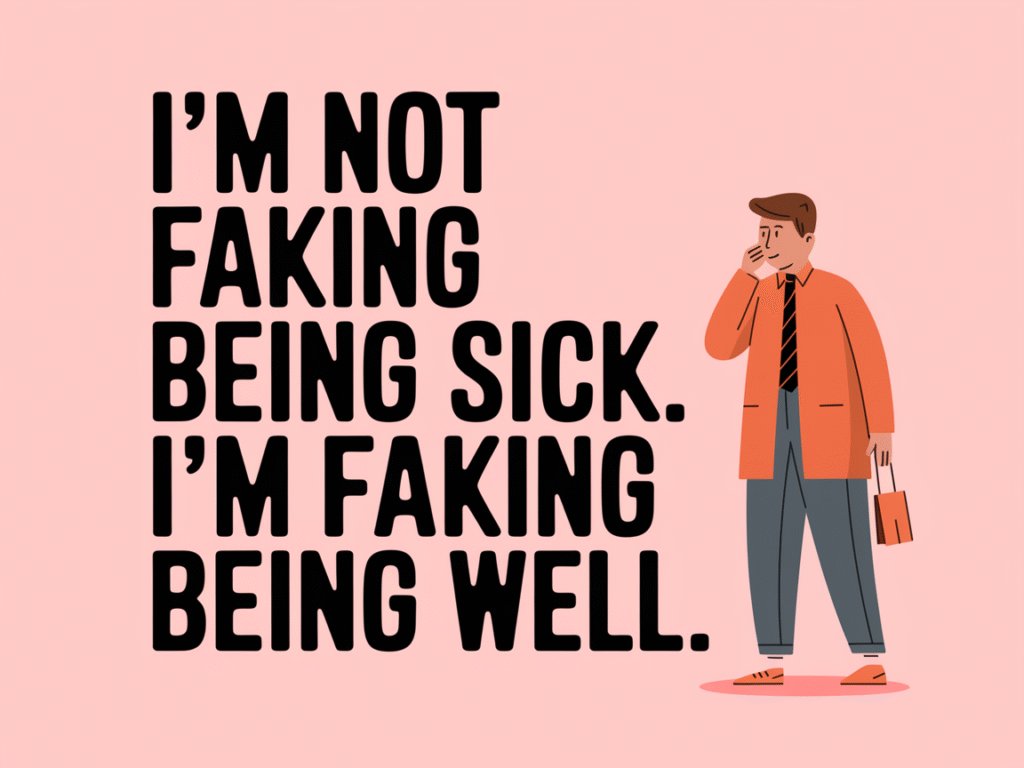
Can You Fully Recover from Chronic Fatigue?
This is one of the first questions I asked when my symptoms became unbearable: Will I ever feel normal again?
The truth? It depends. Some people do reach full remission—especially if their fatigue has a clear trigger like a virus, hormone imbalance, or sleep disorder. Others learn how to manage their symptoms well enough to live a more functional life.
For me, it’s been about redefining recovery. I might never get back to who I was before the fatigue started—but I’ve learned how to live a meaningful life within the limits I now have.
And honestly, seeing how others in recovery stories managed to work, travel, or even return to hobbies after years of suffering gave me the courage to believe I could get better, too.
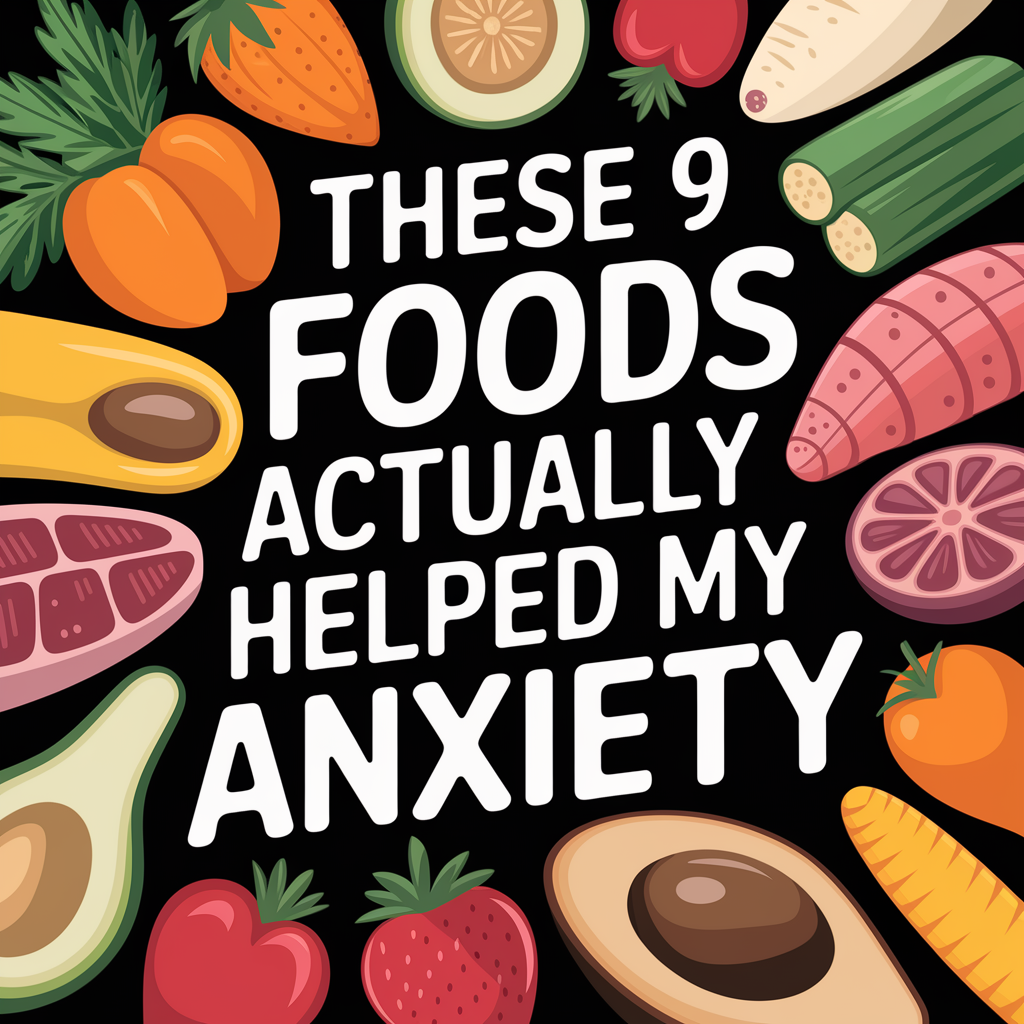
What Are Some Common Recovery Tools That Actually Help?
So many products and suggestions out there feel like empty promises when you’re desperate for relief. But I’ve found a few things that really helped me—and many people in recovery stories mentioned them too:
- Pacing techniques – Especially the “stop before the crash” method. I plan rests between activities even when I feel fine.
- Therapy or support groups – So many of us are also dealing with trauma, anxiety, or depression. Emotional healing absolutely supports physical healing.
- Sleep setup – I invested in a few things to make rest easier. One that helped big-time? This lumbar support pillow for sleeping. It relieved my lower back pain and helped me sleep longer without waking up stiff.
Everyone’s toolbox looks different. But it’s about trying things that are backed by real stories—not random social media hacks that promise a cure in 10 minutes.
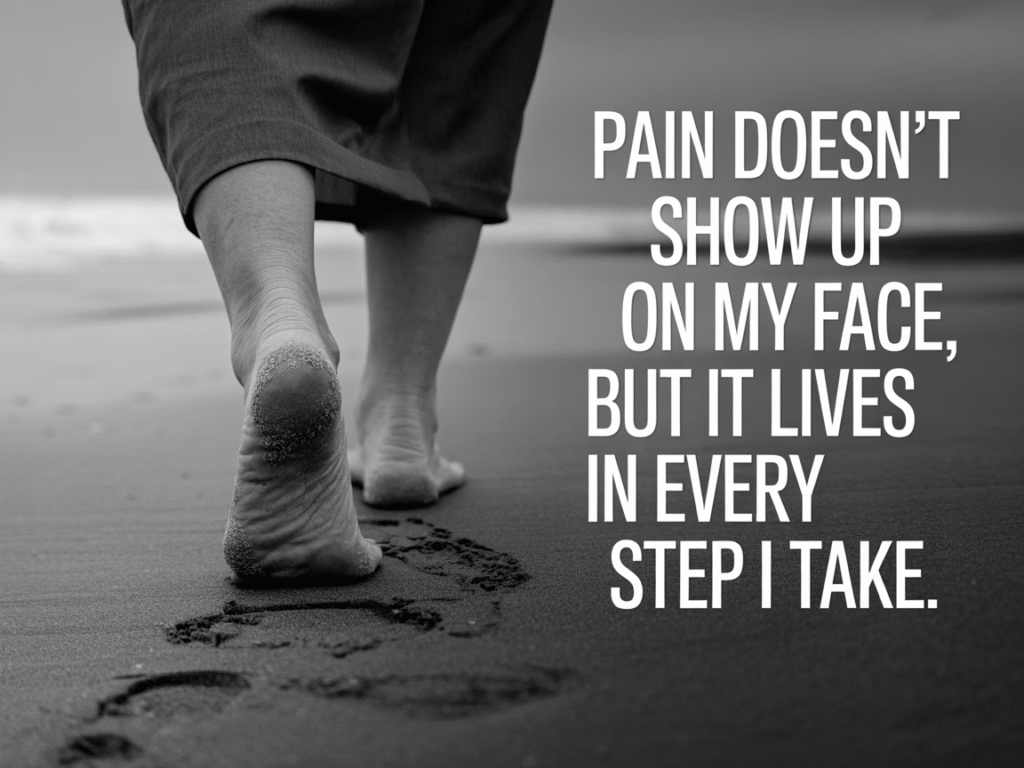
How Do You Explain Chronic Fatigue to People Who Don’t Get It?
This part is tough. I’ve lost friends, strained family ties, and even felt misunderstood by doctors. People think chronic fatigue is “just being tired.” But those of us living it know better.
Here’s how I try to explain it now:
- It’s not just tiredness—it’s like your body is shutting down after doing something simple, like showering or folding laundry.
- There’s no “catching up on sleep” and waking refreshed.
- It can come with dizziness, body aches, brain fog, and emotional distress.
When I shared this article on invisible illness with loved ones, it opened some eyes. Sometimes seeing it written out by someone who gets it helps more than trying to explain it myself for the hundredth time.
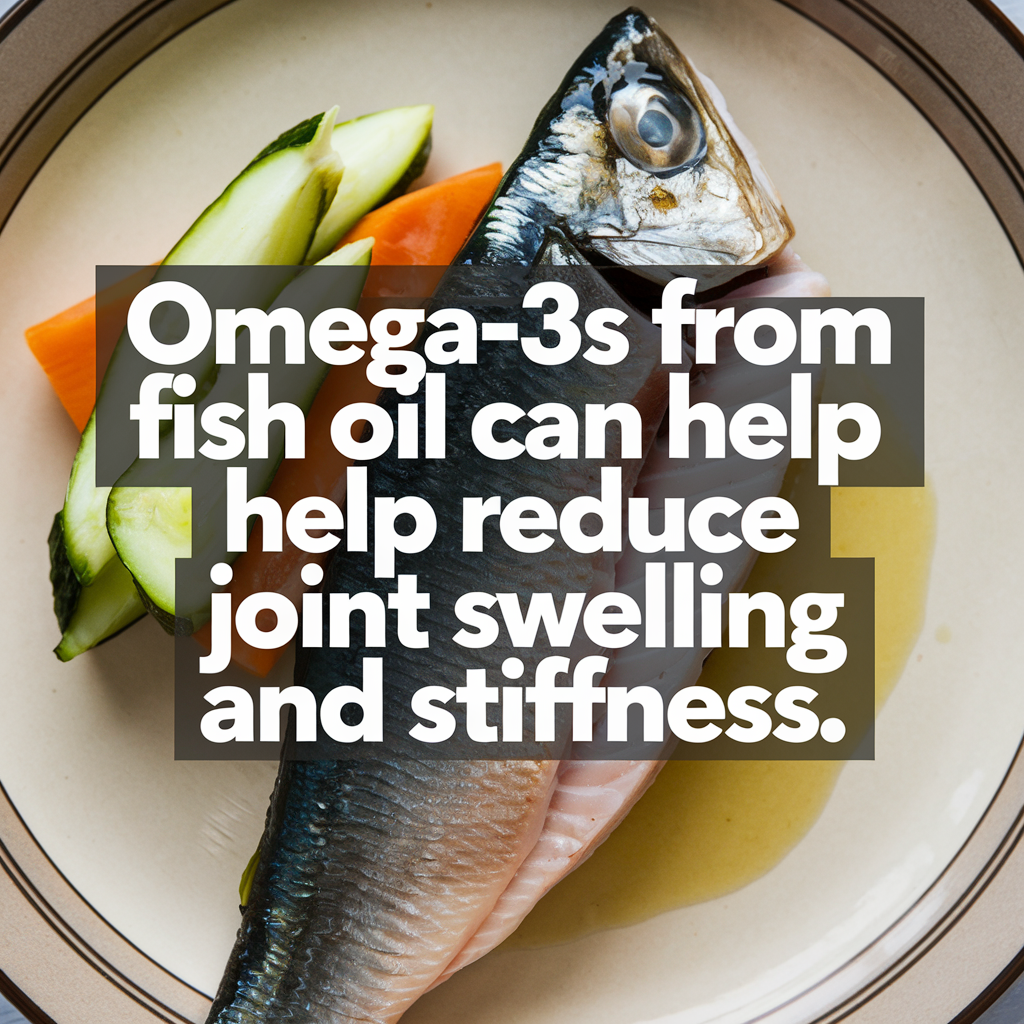
What Role Does Nutrition Play in Recovery?
I’ll be honest—this one surprised me. At first, I didn’t think food had much to do with how drained I felt. But after hearing about anti-inflammatory diets in several chronic fatigue recovery stories, I gave it a shot.
What helped me personally:
- Cutting out sugar as much as I could (still a work in progress)
- Adding omega-3s with salmon and walnuts
- Focusing on gut health—which led me to learning more about stomach issues I didn’t even realize I had
I also try to avoid caffeine overload now. It was just masking the exhaustion, not helping me heal. Everyone’s different, but fueling your body with the right stuff definitely made a difference in my recovery journey.

What Does a “Good Day” Look Like Now?
People outside of this life don’t always realize that a “good day” doesn’t mean pain-free. It just means less pain—or enough energy to do something you love without crashing hard after.
Here’s what a good day looks like for me now:
- I can take a walk and still cook dinner without feeling like I ran a marathon.
- I wake up only once during the night (instead of 6+ times).
- I laugh a little more, cry a little less.
And I hold onto those good days like gold. I even made a note in my phone to reread the wins—like finally going to the store alone again. That reminder keeps me grounded on the hard days.
If you’ve never lived this cycle, you might not understand. But if you’re reading this, I bet you do. And I want you to know—you’re not broken. You’re just healing in your own time.

My Last Thoughts on Chronic Fatigue Recovery Stories
Reading and sharing chronic fatigue recovery stories isn’t just inspiring—it’s necessary. They remind us that healing isn’t linear, and it isn’t one-size-fits-all.
Some recover fully. Some recover partially. Some are still searching.
But none of us are alone.
If you’re looking for more resources on fatigue, sleep problems, or the emotional side of living with chronic illness, be sure to check out our post on how to calm an overactive nervous system. It’s helped me find more peace than I ever thought I could.
And remember, no matter where you’re at in your story—your experience is valid. Your fight is real. And your progress counts. Every. Single. Step.
As an Amazon Associate we earn from qualifying purchases through some links in our articles.


